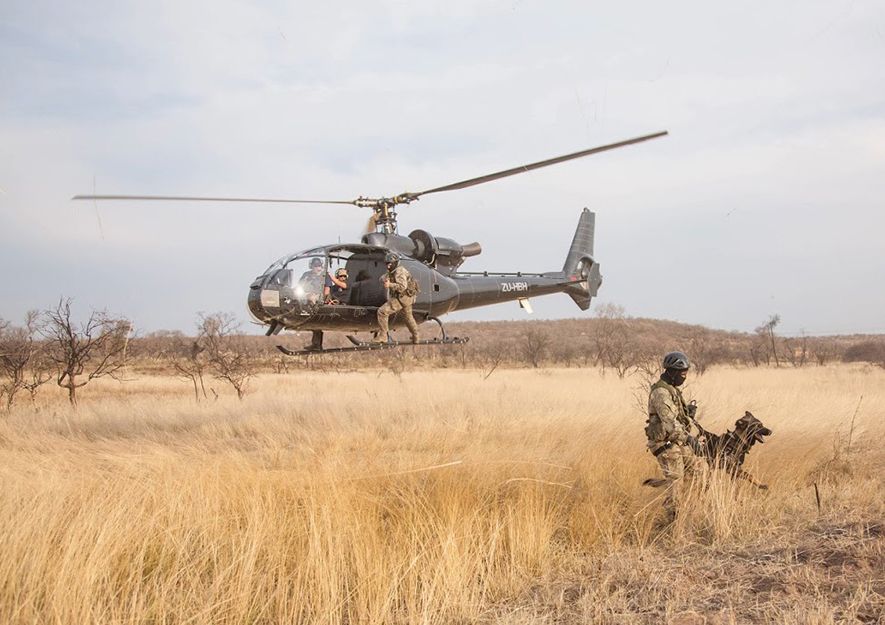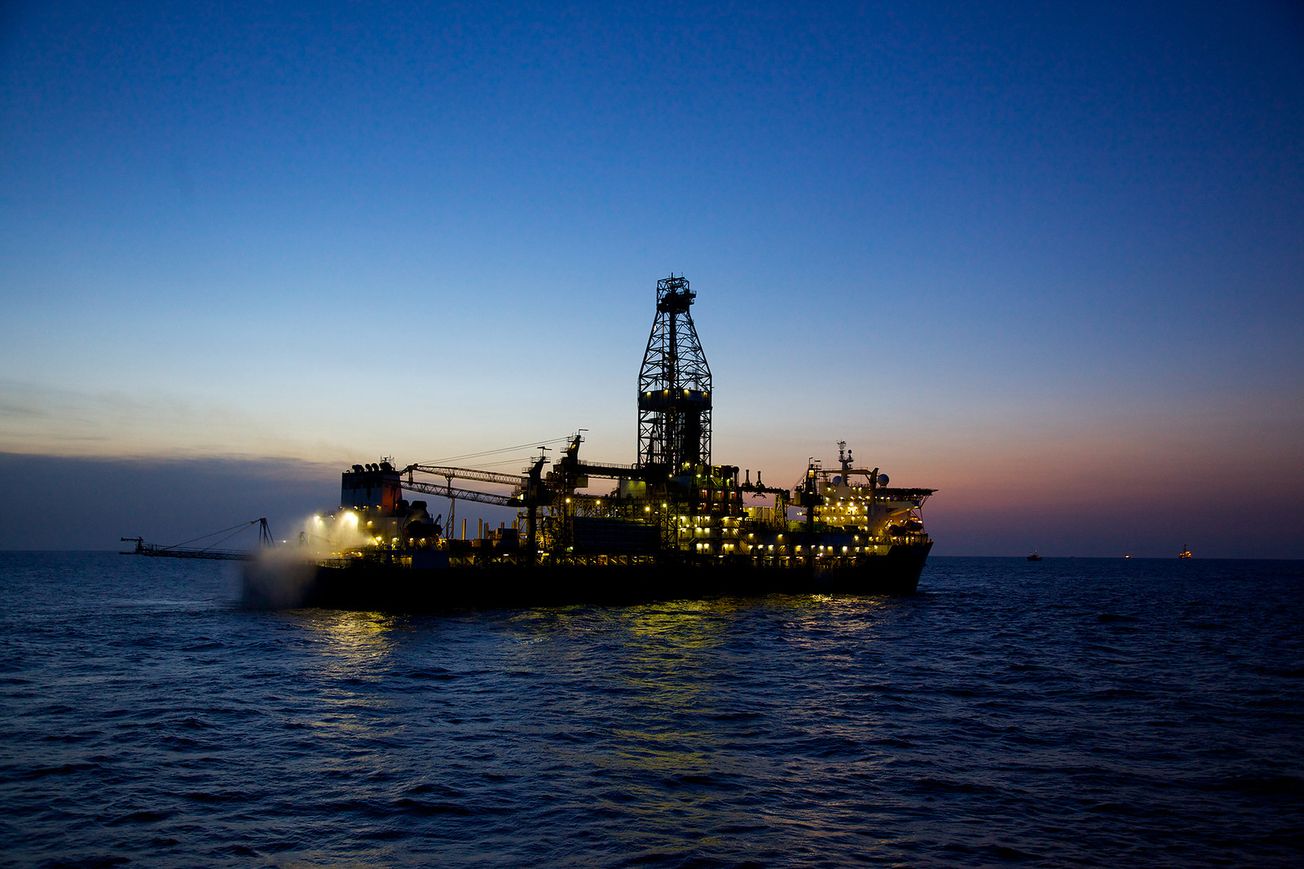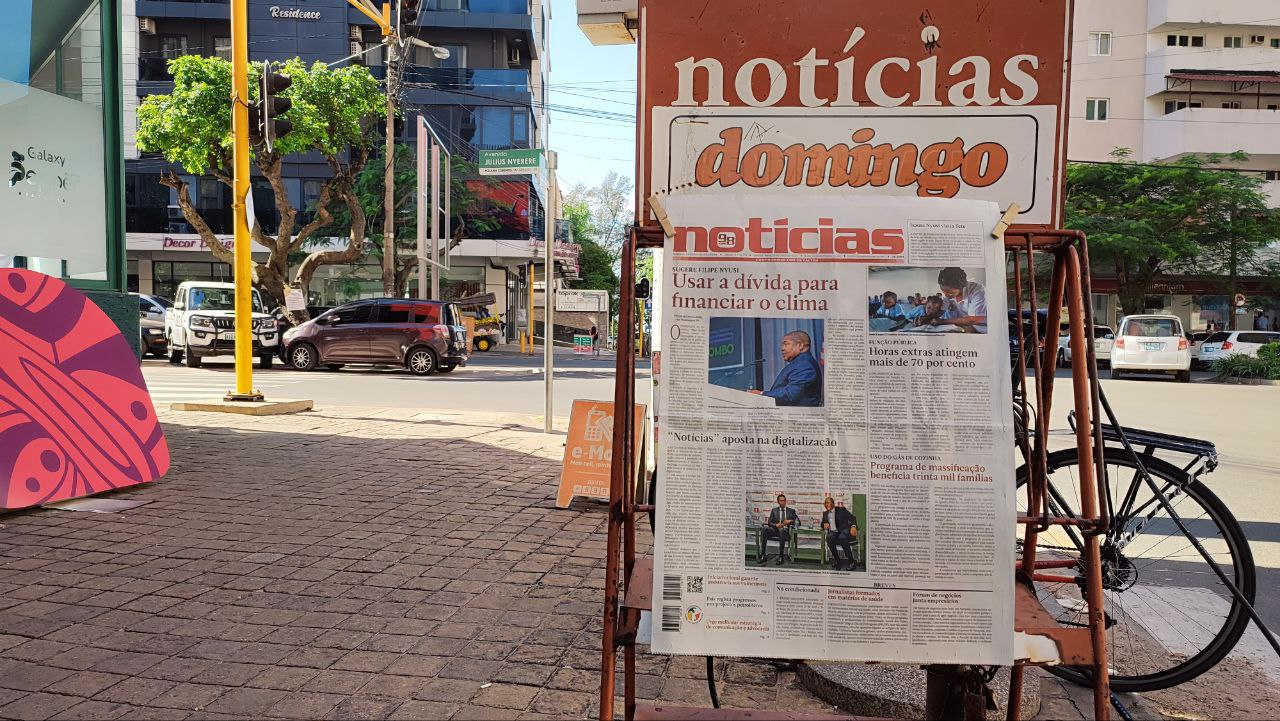Dyck Advisory Group (DAG), the South African company which has been providing aerial support to Mozambique’s defence forces in the fight against insurgents in Cabo Delgado, is to end its involvement in the conflict on 6 April 2021, Zitamar News understands.
A well placed source told Zitamar that DAG’s helicopter support would come to an end on 6 April — and from then on, air support would be provided by Mozambican military helicopters recently acquired from South African defence contractor Paramount, and flown by Mozambican pilots trained by Paramount and its partner company, Burnham Global.
Burnham Global announced on 23 February that it and Paramount had jointly signed a multimillion dollar contract with an African government to provide a range of military training and advisory services.
Burnham Global did not respond to telephone calls made on Monday and Tuesday to confirm if the country was Mozambique. A representative of Paramount had not responded to a message sent on Twitter by the time this article was published.
The Mozambican pilots have been trained at Paramount’s ‘Top Gun Pilot Training Academy’ in Polokwane, north eastern South Africa, according to the well placed source.
Sources connected to the conflict in Cabo Delgado told Zitamar that the Mozambican pilots would operate four Gazelle helicopters, while two Russian-made helicopters — an Mi17 and an Mi24 — would be operated by Ukrainian crews.
It is unclear who the foreign crews would be employed by. Paramount has previously denied reports it is supplying military personnel to Mozambique. One source with knowledge of DAG’s operations said the Ukrainian-crewed helicopters are being used to transport troops rather than to actively take part in combat — partly due to their heavy use of fuel which means they can only spend a little over two hours in the air between refuellings.
The new helicopters, as well as Marauder armoured cars also supplied by Paramount, are currently at Nacala, according to multiple sources. But two sources with connections in the world of private military contractors told Zitamar they understood that the helicopters would go on to be based at Mueda, where the Mozambican military has a base. Mueda is closer to many of the principal conflict areas in Cabo Delgado— including the districts of Mocímboa da Praia and Palma — than Pemba, the capital of the province where DAG’s operations have been based.
A recent report by Amnesty International said DAG used three helicopters in its operations, armed with machine guns, and also used at least one fixed-wing aircraft in Cabo Delgado.
Unlike DAG, which was employed by the Ministry of the Interior to support police operations in Cabo Delgado, Paramount has reportedly been employed by Mozambique’s Ministry of Defence, to train pilots from the Mozambican military, and support military operations.
A spokesperson for the Ministry of the Interior told Mediafax he did not have any information about DAG’s contract being cancelled, but even if he did, he would not be able to share it. The Ministry of Defence had not responded to requests for comment by the time of publication.
DAG ‘may have committed war crimes’
DAG started operations in Mozambique in April 2020, and saw its contract renewed in July that year — and expanded, to include training ground troops.
Amnesty International’s report, published on 2 March 2021, accused DAG of firing indiscriminately at civilians, and dropping hand grenades from helicopters, and said that any failure on the part of those carrying out attacks to distinguish between civilians and fighters “is a violation of international humanitarian law and may constitute a war crime.”
The company said in response that the allegations were “of great concern to the company”, saying they had “commissioned an investigation to be conducted under the aegis of our Company Lawyers” who would “assemble a panel of experts to investigate these allegations”.
The United States, which has sent its own special forces troops to Mozambique this month to help train Mozambican troops, has spoken out against the use of DAG. “It’s frankly a feature of the landscape in Cabo Delgado that complicates rather than helps efforts to address the terror threat there,” John Godfrey, the acting United States counterterrorism coordinator, told a press conference in March.
On 23 March, Mozambican civil society organisation the Centre for Democracy and Development issued a statement saying that DAG’s contract should not be renewed, and that the money should instead be spent on improving Mozambique’s own armed forces to be able to combat threats such as the insurgency in Cabo Delgado.
This article was produced by Zitamar and Mediafax under the Cabo Ligado project, in collaboration with ACLED. The contents of the article are the sole responsibility of Zitamar News.









